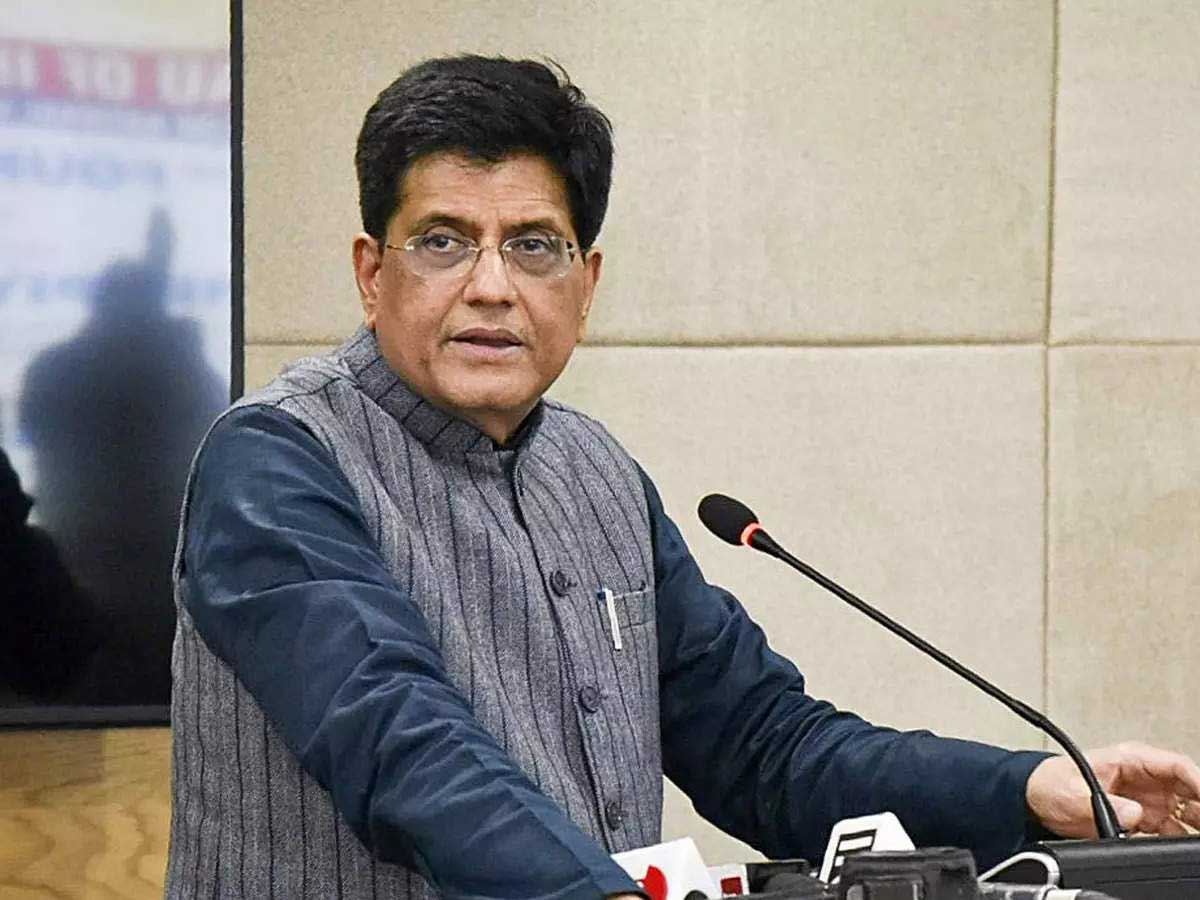
Steel Sector Crucial for Infrastructure Investments: Piyush Goyal

Doka Joins UN Global Compact
Doka has joined the United Nations Global Compact, reinforcing its commitment to responsible business practices and long-term sustainability goals.The voluntary initiative calls on companies to align operations and strategies with ten universally accepted principles covering human rights, labour, environment and anti-corruption, while advancing the Sustainable Development Goals (SDGs). Launched in 2000, the UN Global Compact is the world’s largest corporate sustainability initiative, with over 25,000 companies across more than 160 countries.Robert Hauser, CEO, Doka, said, “Reaching Net Zer..

J Infratech secures NH-37 maintenance contract in Assam
The announcementJ Infratech has secured a contract from a Central Public Sector Undertaking (CPSU) for repair, maintenance and riding quality improvement on selected stretches of NH-37 (Old) in Assam. The order was issued through a formal letter of acceptance under FY 2025–26 (2nd Call).CW analysisThe award underscores the growing institutional focus on lifecycle management of existing highway assets. With several national corridors witnessing sustained traffic volumes, periodic maintenance and riding quality upgrades are becoming critical to preserving network efficiency. The contract also ..

Srishti Group Rolls Out Valentine’s ‘Commitment Benefit’
Srishti Group has launched a limited-period “Commitment Benefit” offer this Valentine’s season across its residential projects in Mumbai. The campaign, positioned around the theme of long-term commitment and “forever homes”, brings together multiple financial incentives including Zero GST, No Floor Rise, Spot Discount and a Go-Flexi Pay Plan.The offer is applicable to Craft De Srishti at Nahur and Srishti Oasis at Bhandup, featuring 1, 2 and 3 Bed sun-deck residences priced from ₹96 lakh onwards. The projects are designed with an emphasis on natural light, ventilation and private s..

















